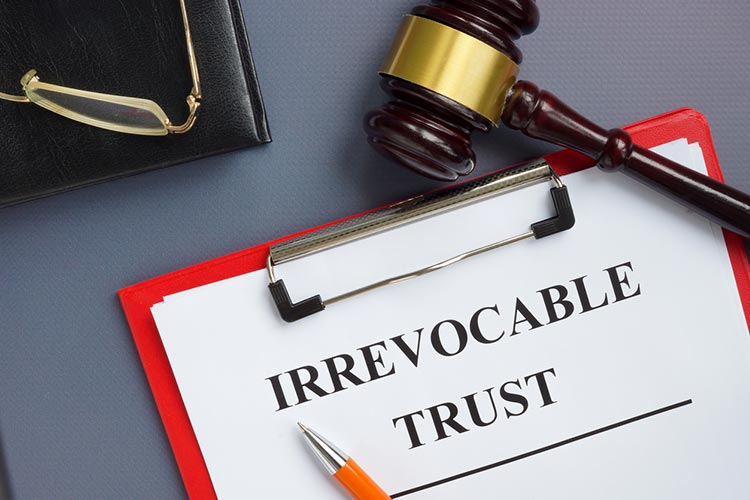Page 28 271 - 280 of 537
Can a Minor Be a Beneficiary?

We’ve written extensively about beneficiaries in previous blogs, and for very good reason. Wealth building through investments is only part of the issue. The other part is your passing. Specifically, naming a beneficiary helps ensure your wealth is successfully transferred without legal wrangling over your estate.
What Is Next of Kin and How Does it Work?

If you die without leaving a will, you leave behind a complicated financial situation for your potential heirs. Regardless of any wishes you had for your estate while you were alive, your financial assets will be distributed according to the laws of your state.
How Many Beneficiaries Can You Have?

Creating a will can alleviate many legal and financial considerations upon your passing. It’s a legally binding document that ensures your spouse, children, and other named heirs are the beneficiaries of your estate. A will also avoids tying up your estate in a lengthy probate process that can delay the distribution of physical and monetary assets to your heirs.
Does a Transfer on Death (TOD) Override a Will?

One of the traditional means of distributing assets at the time of death is through a will, sometimes called the last testament. Wills are legal documents that codify the intended allocation of a person’s assets following their death, and they are a vital part of estate planning. However, if you don't have a will, you abdicate control over who gets what, and few people are willing to cede that authority to the probate courts.
How to Write a Letter of Instruction for Heirs

Protecting your financial legacy and ensuring the monetary and physical assets you’ve amassed are properly transferred to the beneficiaries of your choosing is a cornerstone of estate planning.
Can a Beneficiary Decline an Inheritance?

For many, receiving an inheritance is a life-changing financial windfall that provides the ability to pay off debt, upgrade into a larger home, invest in new business opportunities, or put money into your child’s college fund.
What Is Fair Market Value and How Is it Calculated?

When you become a real estate investor (or any kind of asset investor, for that matter), understanding calculations, data and information allow you to understand asset performance. This is especially important when it comes to buying and selling those assets.
What Is a Healthcare Power of Attorney? (HCPA)

People use the term “power of attorney” for various purposes, including financial matters and even legal issues. However, the specific power delegated is more often about agency than legal matters. The American Bar Association defines power of attorney as giving “one or more persons the authority to act on your behalf as your agent.”
What Is an Irrevocable Living Trust and How Does It Work?

Oliver Wendell Holmes, legal scholar and Associate Justice of the United States Supreme Court, advised that men should “Put not your trust in money, but put your money in trust.”1 That may still be good advice for individuals seeking effective management of funds both presently and in the future.
What Is Power of Attorney and How Does It Work?

Power of attorney (POA) sounds like a legal concept, but it doesn’t have to involve lawyers at all. The American Bar Association states that a power of attorney gives one or more persons the authority to act on your behalf as your agent. This power can be temporary or permanent, and it can be limited to a specific activity (such as buying and selling assets) or covering any activities. You can confer this authority to your lawyer, but you can also direct it to your spouse or best friend. You can also make such a determination effective immediately or subject to some potential future occurrence (such as your future inability to act on your own behalf).
Page 28 271 - 280 of 537


